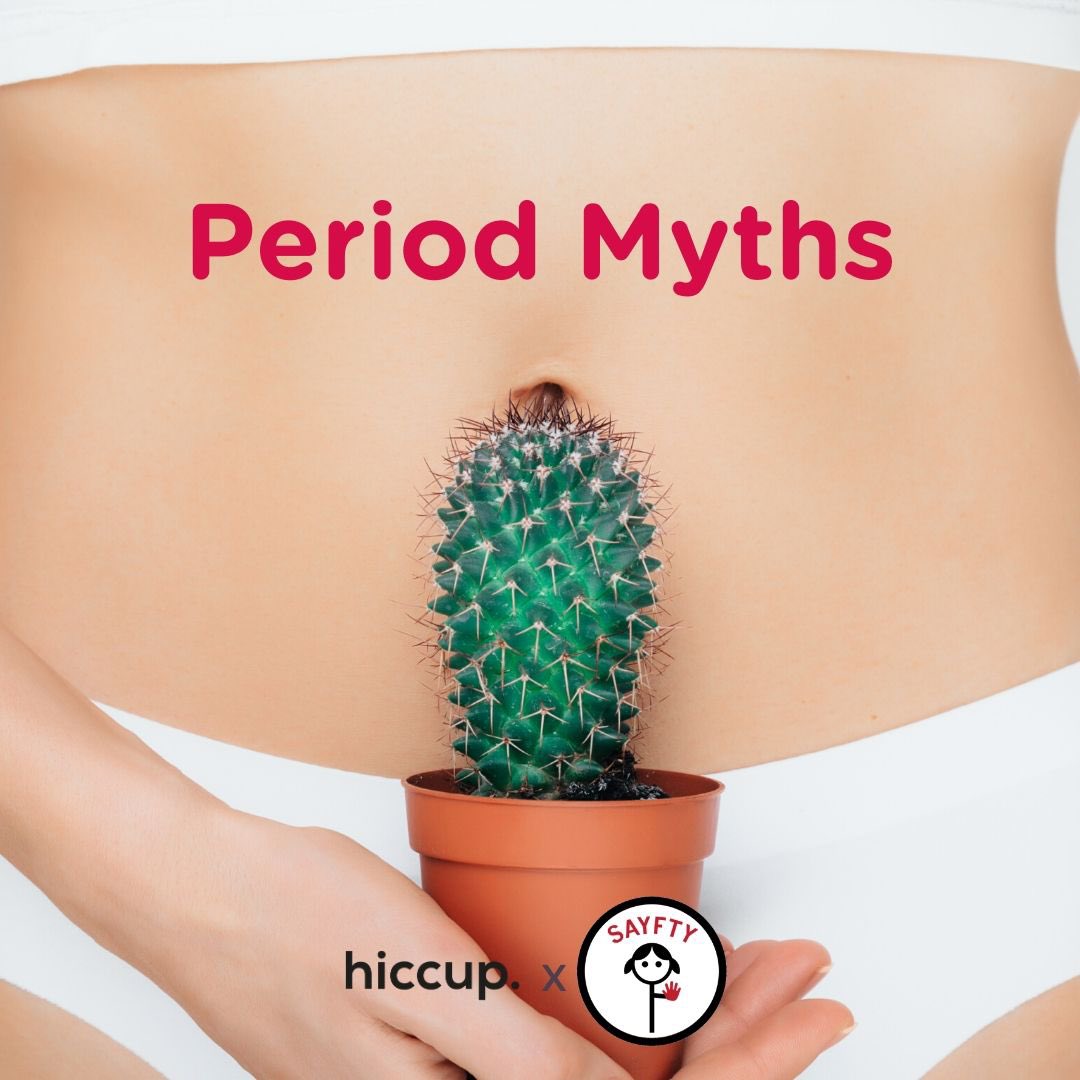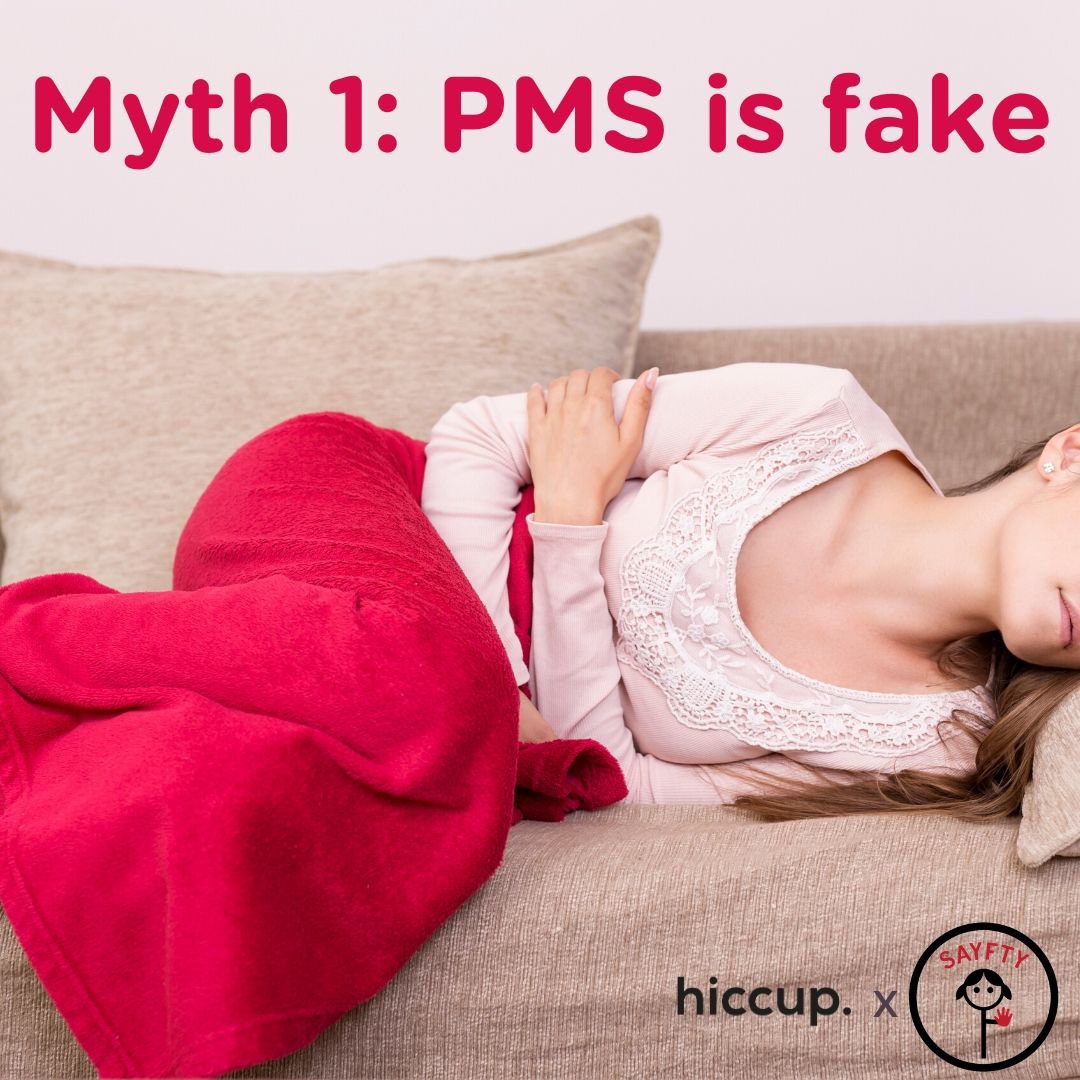[THREAD] on Sexual Assault Awareness Month (#SAAM) & #PTSD by @kavita1010
1/5
Get Ready with Kavita (Ep 11)
Kavita does her #GRWM routine & talks about important topics.
Comment with topics for #SayftyEducates IG Reels!
instagram.com/reel/CNtn2UGpa…
1/5
Get Ready with Kavita (Ep 11)
Kavita does her #GRWM routine & talks about important topics.
Comment with topics for #SayftyEducates IG Reels!
instagram.com/reel/CNtn2UGpa…
2/5
*TW: #SexualAssault, #PTSD
We all put on a face for the world, like armor. But, beneath that armor, can lie trauma and post-traumatic stress disorder (PTSD).
instagram.com/reel/CNtn2UGpa…
*TW: #SexualAssault, #PTSD
We all put on a face for the world, like armor. But, beneath that armor, can lie trauma and post-traumatic stress disorder (PTSD).
instagram.com/reel/CNtn2UGpa…
3/5
Prof. @karestankoenen, @HarvardChanSPH on PTSD:
1️⃣ 2X likely for women
2️⃣ 30% US cases b/c of sexual violence
PTSD symptoms (@MayoClinic):
🚨 Intrusive memories
🚨 Avoidance
🚨 Neg changes in thinking
🚨 Changes in physical & emotional reactions
instagram.com/reel/CNtn2UGpa…
Prof. @karestankoenen, @HarvardChanSPH on PTSD:
1️⃣ 2X likely for women
2️⃣ 30% US cases b/c of sexual violence
PTSD symptoms (@MayoClinic):
🚨 Intrusive memories
🚨 Avoidance
🚨 Neg changes in thinking
🚨 Changes in physical & emotional reactions
instagram.com/reel/CNtn2UGpa…
4/5
If you’re experiencing #PTSD, please seek help.
US 🇺🇸:
@RAINN: 800-656-HOPE (24/7 hotline)
India 🇮🇳:
Sayfty’s Survivors Toolkit: sayfty.com/survivorstoolk…
UK 🇬🇧:
Rape Crisis England & Wales (@RapeCrisisEandW): 0808-802-9999
instagram.com/reel/CNtn2UGpa…
If you’re experiencing #PTSD, please seek help.
US 🇺🇸:
@RAINN: 800-656-HOPE (24/7 hotline)
India 🇮🇳:
Sayfty’s Survivors Toolkit: sayfty.com/survivorstoolk…
UK 🇬🇧:
Rape Crisis England & Wales (@RapeCrisisEandW): 0808-802-9999
instagram.com/reel/CNtn2UGpa…
5/5
Products used:
@Clinique Take the Day Off Makeup Remover for Lids, Lashes & Lips
@lovephilosophy Purity Made Simple One-Step Facial Cleanser
#SayftyEducates #Sayfty4Survivors
instagram.com/reel/CNtn2UGpa…
Products used:
@Clinique Take the Day Off Makeup Remover for Lids, Lashes & Lips
@lovephilosophy Purity Made Simple One-Step Facial Cleanser
#SayftyEducates #Sayfty4Survivors
instagram.com/reel/CNtn2UGpa…
• • •
Missing some Tweet in this thread? You can try to
force a refresh












